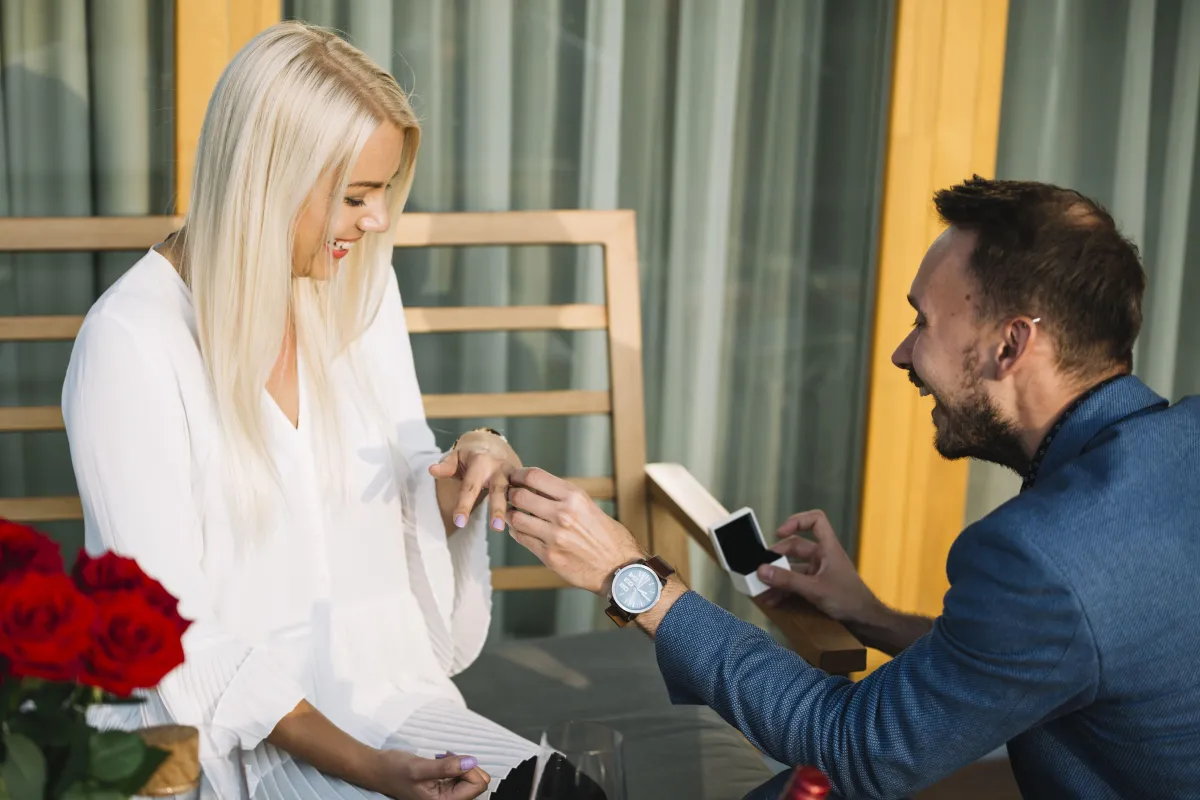Divorce Advice for Women: Emotional, Legal, and Life Support to Rebuild Stronger

Introduction
If you’re reading this, chances are your life has just been turned upside down.
You might be asking yourself:
"Who am I without him?"
"How will I raise my children alone?"
"Can I ever feel whole again?"
Divorce for women often comes with a tidal wave of emotions—grief, confusion, fear, and at times, quiet rage. You may be expected to “hold it together” for the kids, the family, or even your ex, while privately unraveling inside. But here’s the truth:
You’re allowed to break down. You’re allowed to rebuild. And you don’t have to do it alone.
This guide offers a blend of emotional support and practical guidance specifically tailored for women. You’ll find advice on:
Handling the unique emotional rollercoaster
Gaining financial and legal clarity
Navigating motherhood during divorce
Rebuilding your identity
Stepping into your next chapter with confidence
Let’s walk through it—together.
The Unique Emotional Journey of Women in Divorce
Why Divorce Feels Different for Women
Divorce affects everyone differently, but many women face distinct emotional pressures tied to identity, caregiving, and cultural expectations.
You may be juggling:
A loss of identity after years of being “his wife”
Emotional labor no one else notices
The constant pull of being strong for others while crumbling inside
Often, women are also the primary caregivers, meaning they carry more emotional and logistical burdens while grieving.
Quote: “Divorce doesn’t just break your heart—it asks you to rebuild who you are from scratch.” — Dr. Jenn Mann, licensed therapist & author
Emotional Triggers to Expect
Guilt — Especially if you’re the one who left or you’re worried about your children
Shame — From cultural stigma, family judgment, or religious pressure
Fear — Of loneliness, financial instability, or dating again
You might feel like you have to “stay strong.” But here’s permission: You don’t. Not right away.
Financial and Legal Grounding
Know Where You Stand Financially
Whether you managed the finances or not, now is the time to take control:
Start collecting:
Tax returns
Joint bank and credit card statements
Property or loan documents
Retirement and investment accounts
And research the marital property laws in your state (community property vs. equitable distribution).
Stat: Nearly 40% of women report financial instability after divorce.
(Source: Women’s Institute for Financial Education – WIFE.org)
Talk to a Lawyer — Even if You’re Not Ready to File
Even a one-time consultation can:
Help you understand your legal standing
Clarify custody and asset issues
Give you peace of mind
If cost is a barrier, explore:
Legal aid programs in your state
Family court self-help centers
Organizations like Women’s Law
Protect Yourself (Emotionally and Logistically)
Even before anything is official, you can take small steps to protect your well-being:
Change your passwords
Open a separate bank account
Document important conversations
Begin a custody journal if you have children
Tip: Download or create a post-divorce budget template to map your future financial life.
Motherhood and Divorce
What to Say (and Not Say) to Your Kids
There’s no perfect script, but honesty and emotional safety are key.
Say:
“This is between us adults, and it’s not your fault.”
“You are deeply loved by both parents.”
Avoid:
Blaming the other parent
Using your child as a messenger or emotional crutch
Sharing adult details they’re not ready for
Prioritizing Your Mental Health to Show Up for Them
You can’t pour from an empty cup. If you’re exhausted, anxious, or emotionally checked out, you’ll struggle to support your children.
Even small acts of self-care matter:
A 15-minute walk alone
A therapy session
Asking a friend for help with school pickup
Taking care of you helps them feel safe.
Rebuilding Your Identity and Confidence
Redefining “You” After Divorce
You may feel like you've lost part of yourself—but this is also a powerful chance to reclaim who you are.
Try:
Changing your last name—if it feels right
Making space in your home that reflects you
Setting goals: career, health, travel, education
It’s not selfish to explore what you want again.
Creating a Support Circle
Being seen and supported is critical. Surround yourself with:
Friends who listen without judgment
Therapists (online or local)
Female-led divorce support groups (search Facebook, Meetup, or local nonprofits)
You don’t need a crowd—just a few people who make you feel whole.
Setting Boundaries with Your Ex and Others
Divorce is often a breeding ground for blurred lines. That’s why you need boundaries:
Schedule communication windows if co-parenting
Block late-night texts
Don’t respond to guilt trips or manipulative tactics
This isn’t about revenge. It’s about reclaiming your energy.
Empowering Your Next Chapter
The Freedom You Didn’t Ask For — But Can Still Own
This probably wasn’t the plan. But it’s your path now.
Ask yourself:
What can I now do that I couldn’t before?
Where can I take up space without apology?
What version of myself is waiting to emerge?
You didn’t choose this freedom—but you can choose what you do with it.
Learning to Trust Yourself Again
Divorce shakes your confidence. But the fact that you’re here, reading this, proves one thing:
You’re already rebuilding.
Start making small decisions alone
Trust your gut again
Write affirmations you believe, even halfway
“Sometimes the worst thing that happens to you can become your greatest beginning.”
Final Words of Strength for Women Going Through Divorce
You are not alone.
You are not a failure.
You are not required to rush your healing.
Your pain is real. So is your resilience.
Let yourself grieve. Then let yourself rise.
And when you're ready—you’ll create a life not just healed, but reborn.
Related Posts

When to Start Dating Again: Signs You’re Ready
After divorce, the idea of dating can feel like stepping into a storm—exciting, but scary. You might wonder if you’re ready or if it’s too soon to try. At Rebuilders International, we’ve spent over 40 years helping people find clarity with our proven approach, backed by the Fisher Divorce Adjustment Scale (FDAS). This isn’t about rushing into love—it’s about knowing you’re ready to connect authentically. Here’s how to spot the signs and take that step with confidence.
Why Timing Matters for Dating
Jumping into dating too early can stir up old wounds, but waiting forever might mean hiding from life. Friends might nudge you to “get back out there,” but readiness isn’t about a calendar—it’s about your heart. Our method, tested by thousands, shows that dating works best when you’re grounded in yourself. The FDAS, with its .93 reliability, proves emotional clarity makes all the difference. Let’s explore the signs you’re there.
5 Rebuilders Signs You’re Ready to Date
These signs, drawn from our 10-week workshop, use our unique tools to help you know when you’re ready, rooted in trust and self-awareness:
You’re Done with “What Ifs”
If your mind’s no longer stuck on “Why did it end?” or “Could I have fixed it?” you’re moving forward. Our free self-test checks your disentanglement score—high scores mean you’re free from past loops. A group member said, “I stopped replaying the past and started seeing the future.” This clarity, like our thinking-phase work, shows you’re ready for new connections.You Feel “I Am Enough”
Dating from a place of lack invites old patterns. Our core belief? You’re a “gem,” whole as you are. If you can say, “I am enough,” and mean it, you’re on solid ground. A woman in our support group said this gave her confidence to chat without needing approval. This self-worth, tied to our identity tools, is a green light for dating.You Enjoy Your Own Company
If alone time feels peaceful, not lonely, you’re likely ready. Our groups teach that liking yourself is the foundation for liking someone else. One client said rediscovering solo hikes made him excited to share that joy. Check your self-test’s self-worth score—strong numbers here mean you’re not dating to fill a void, a key from our identity phase.You Trust Your Boundaries
Readiness means knowing what you want—and what you won’t accept. Our exercises, like listing your “must-haves,” help you set clear boundaries. A man in our online groups said this stopped him from chasing unhealthy matches. If you feel confident saying “no” kindly, our relationship-phase work shows you’re prepared to date.You’re Curious, Not Desperate
If you’re excited to meet someone new—not to fix your life, but to share it—you’re in the right headspace. Our “needs check-in” tool asks, “What do I want?” A participant said feeling curious about a date’s story, not their “potential,” was her sign. High social trust scores on our self-test signal you’re ready to connect from care, not need.
Dating on Your Terms
Knowing when to start dating again is about trusting yourself, not checking a box. Our structured approach has helped thousands since 1974, with workshop completers since 2021 showing stronger social trust via FDAS scores. You can step into dating with clarity too, one honest moment at a time.
Need Clarity? We’re Here
Figuring out if you’re ready can be tricky, but our programs—online, in-person, or self-paced—offer tools and a community to guide you. Visit our homepage or book a free clarity call. Want to start small? Join our free support group Tuesdays online.
You’re Ready When You Say So
You’re built for connection on your own terms. What’s one sign you’re noticing in yourself today? Share below—we’re cheering for you!


